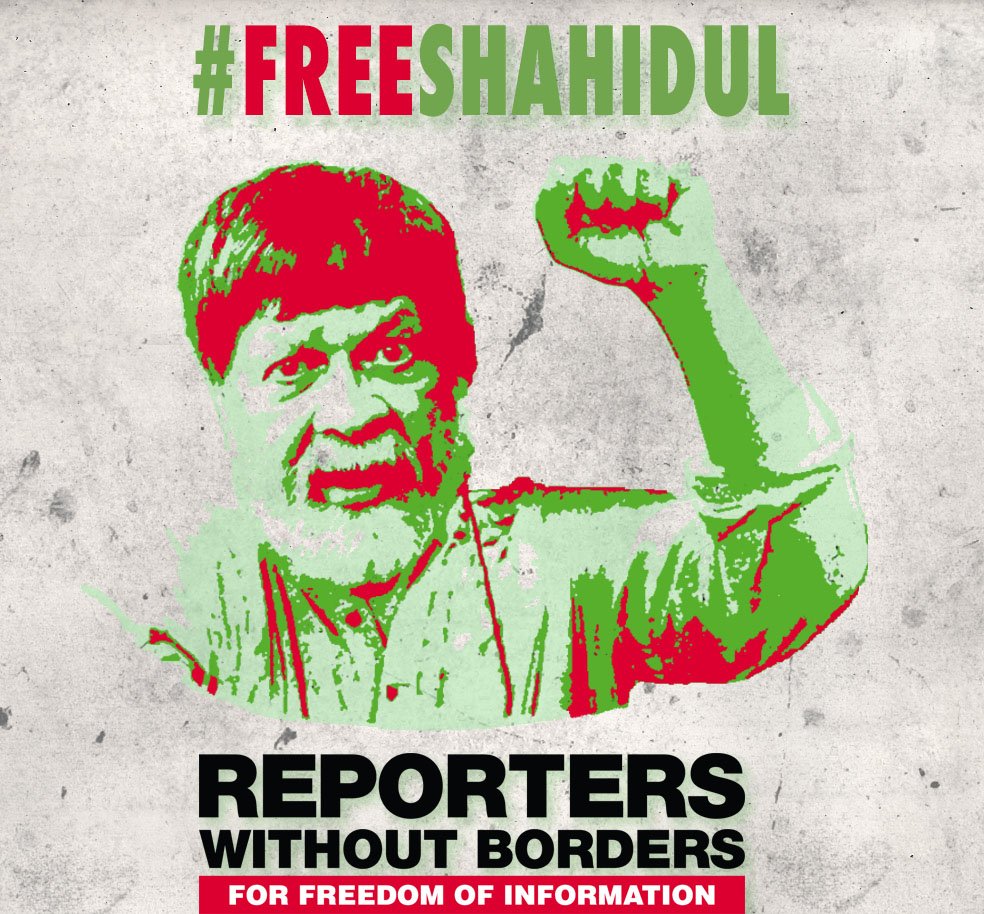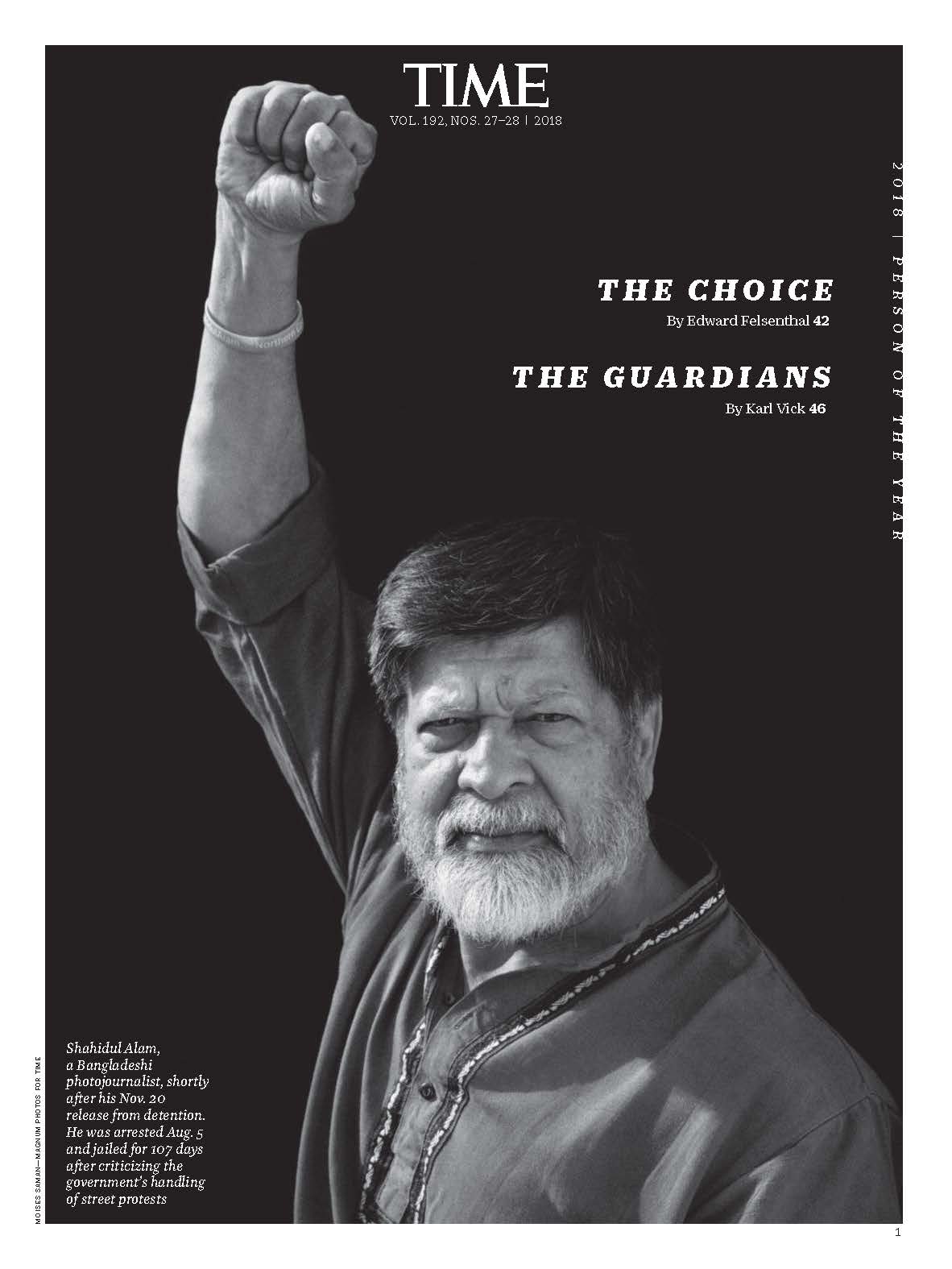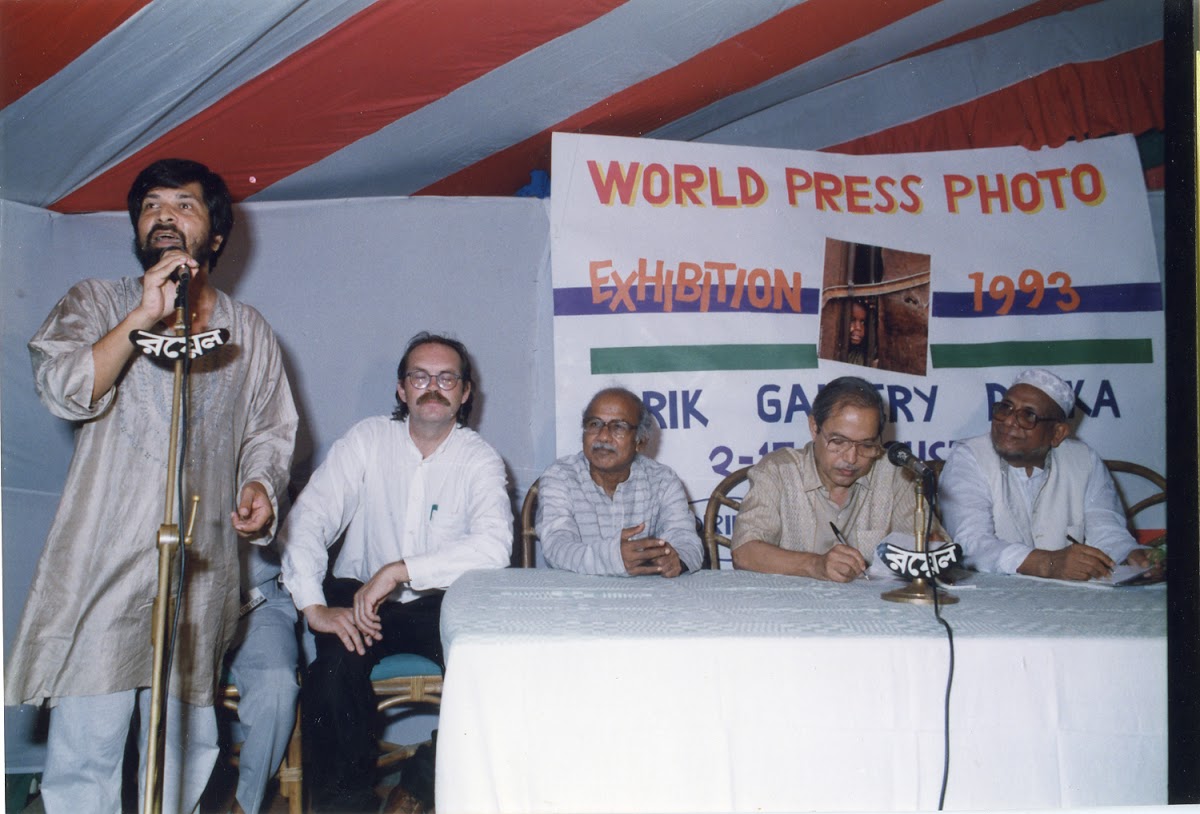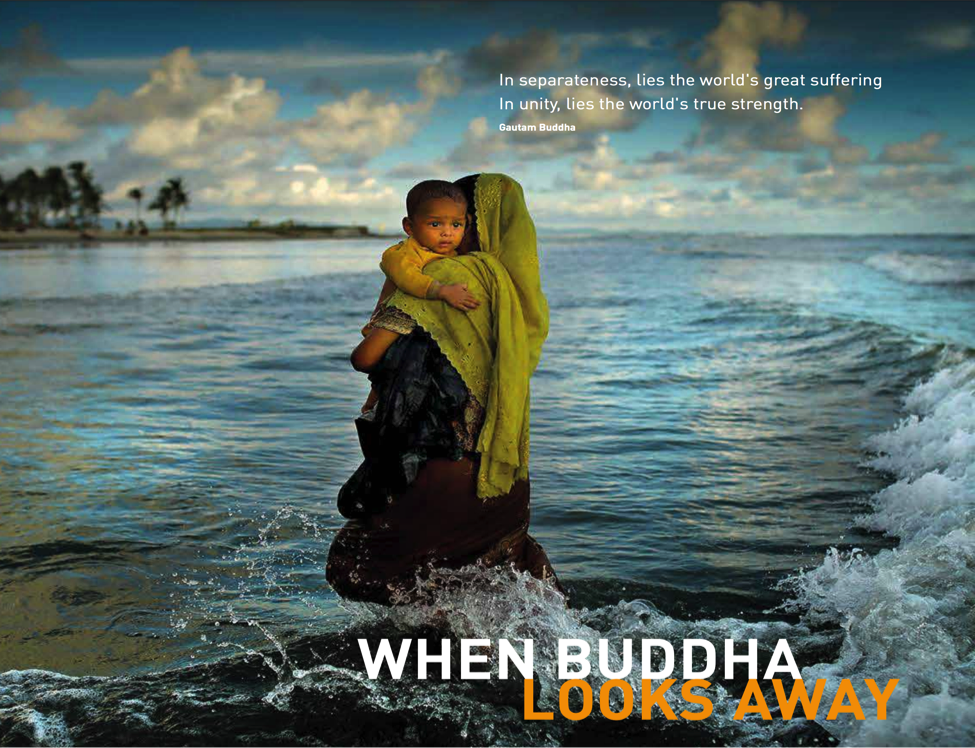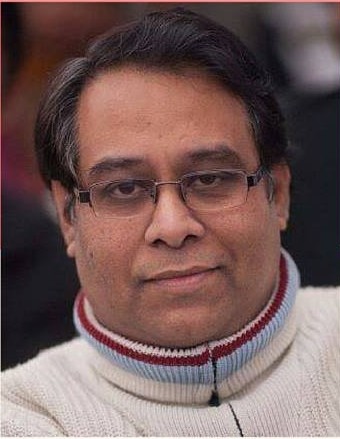Dearest Arundhati,
It was a letter I read and reread long before it appeared before my eyes. It was through layers of metal bars that I strained to listen to Rahnuma’s words. At over 130 decibels, the noise made by us screaming prisoners, straining to hear and be heard, was akin to a crowded stadium or a fire siren. As she repeated her words over and over again, I faintly heard, Arundhati. Letter. It was just over a hundred days that I had been incarcerated. A hundred days since I’d slept on my own bed, fed my fish, cycled down the streets of Dhaka. A hundred days since I’d pressed my shutter as I searched for that elusive light.
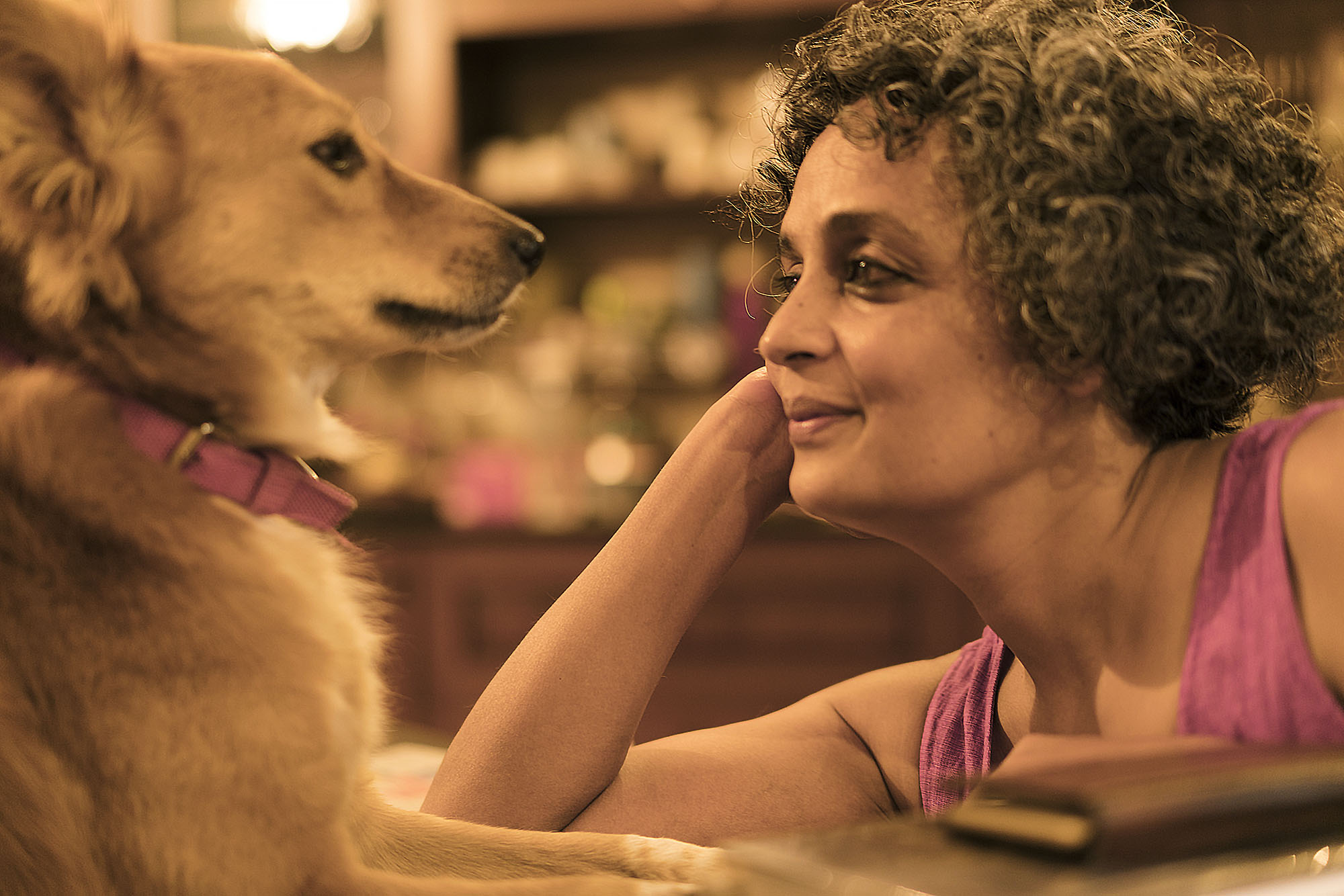
Those words, screamed out but barely heard was the nourishment I needed. Did you write it by hand? What was the paper like? In this digital age, you probably used a keyboard. What font had you used? What point size? And the words. Words that you so gracefully string together. I relished the imagined words. Your words. I missed words as I missed my bed, my fish and Rahnuma’s touch. When they asked me what I needed in jail, books were on top of my list. The first lot of books came in. Mujib’s prison diaries, Schendel’s History of Bangladesh, and the book you’d given me when we last met, The Ministry of Utmost Happiness. I’d been meaning to read it ever since we said goodbye in Delhi, but our lives had been taken over by the immediacy of our struggles. Now I had the time. Continue reading “Reply to Arundhati: Yes, We Will Rise”

